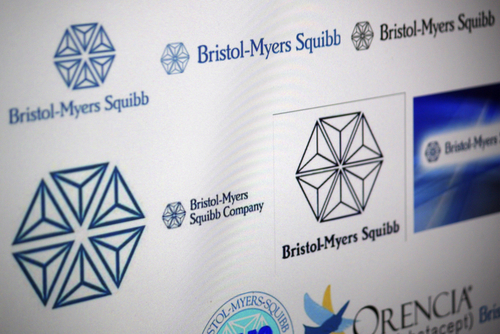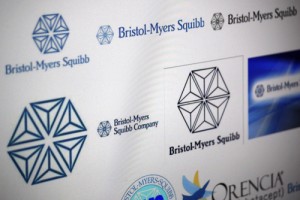BMS Acquires Rights for Investigational Pulmonary Fibrosis Inhibitor
Written by |

 The companies Bristol-Myers Squibb and Galecto Biotech AB have signed an agreement giving Bristol the exclusive option to acquire Galecto, as well as the global rights for its lead products, an investigational inhaled inhibitor of galectin-3 for the treatment of idiopathic pulmonary fibrosis (IPF) and other pulmonary fibrotic conditions called TD139. The therapy is currently in phase 1 of development and is expected to improve the treatment of pulmonary fibrosis by slowing the progression of the disease.
The companies Bristol-Myers Squibb and Galecto Biotech AB have signed an agreement giving Bristol the exclusive option to acquire Galecto, as well as the global rights for its lead products, an investigational inhaled inhibitor of galectin-3 for the treatment of idiopathic pulmonary fibrosis (IPF) and other pulmonary fibrotic conditions called TD139. The therapy is currently in phase 1 of development and is expected to improve the treatment of pulmonary fibrosis by slowing the progression of the disease.
The agreement between the companies includes a total that can reach as much as $444 million in aggregate payments, comprised of option fees, option exercise fees, and subsequent clinical and regulatory milestone payments. In addition, Bristol-Myers Squibb has 60 days to decide on the acquisition of Galecto, following the end of a current phase 1b trial. After the execution of the transaction, the company may activate their exercise of option at any time, according to the terms of the transaction.
“Partnering with Bristol-Myers Squibb validates what we have created in Galecto, and will allow us to advance TD139 and our portfolio of other galectin modulators for several important human conditions,” said the chairman of Galecto, Magnus Persson, M.D., Ph.D., as the two companies have agreed on conducting pre-clinical studies as well as phase 1 clinical trials for TD139.
The inhaled inhibitor TD139 is designed to be a potent and specific inhibitor of the galactoside-binding pocket of galectin-3, which enables direct targeting of the fibrotic tissue in the lungs, while minimizing systemic exposure. Galectin-3 is the protein responsible for binding carbohydrate structures of the body and crucial in the development of fibrosis. Being able to inhibit the galectin-3 protein, the therapy has promising potential in the treatment of IPF, a lung disease that is chronic and progressive, and causes scarring of the lung tissue.
[adrotate group=”3″]
“Galecto has, in close collaboration with our founders, managed to demonstrate the importance of galectin-3 as an anti-fibrosis target,” said the chief executive officer of Galecto Biotech, Hans Schambye, M.D., Ph.D. “We have confirmed the anti-fibrotic activity of our lead compound, TD139, in several preclinical models and now have taken the compound into clinical testing in healthy volunteers followed by patient studies in early 2015.”
“Delivering innovative medicines that halt or slow the progression of fibrotic diseases is a key part of our R&D strategy to build a sustainable pipeline,” explained the executive vice president and chief scientific officer of Bristol-Myers Squibb, Francis Cuss, MB BChir, FRCP. “TD139 provides Bristol-Myers Squibb an opportunity to advance the company’s fibrosis development program with the addition of a promising compound that has the potential to modulate multiple disease pathways.”
In addition to gaining access to TD139, Bristol-Myers Squibb has been dedicated to the development of a portfolio comprised of early stage fibrosis therapies, which currently includes BMS-986020, a lysophosphatidic acid 1 (LPA1) receptor antagonist in development for the treatment of IPF.





